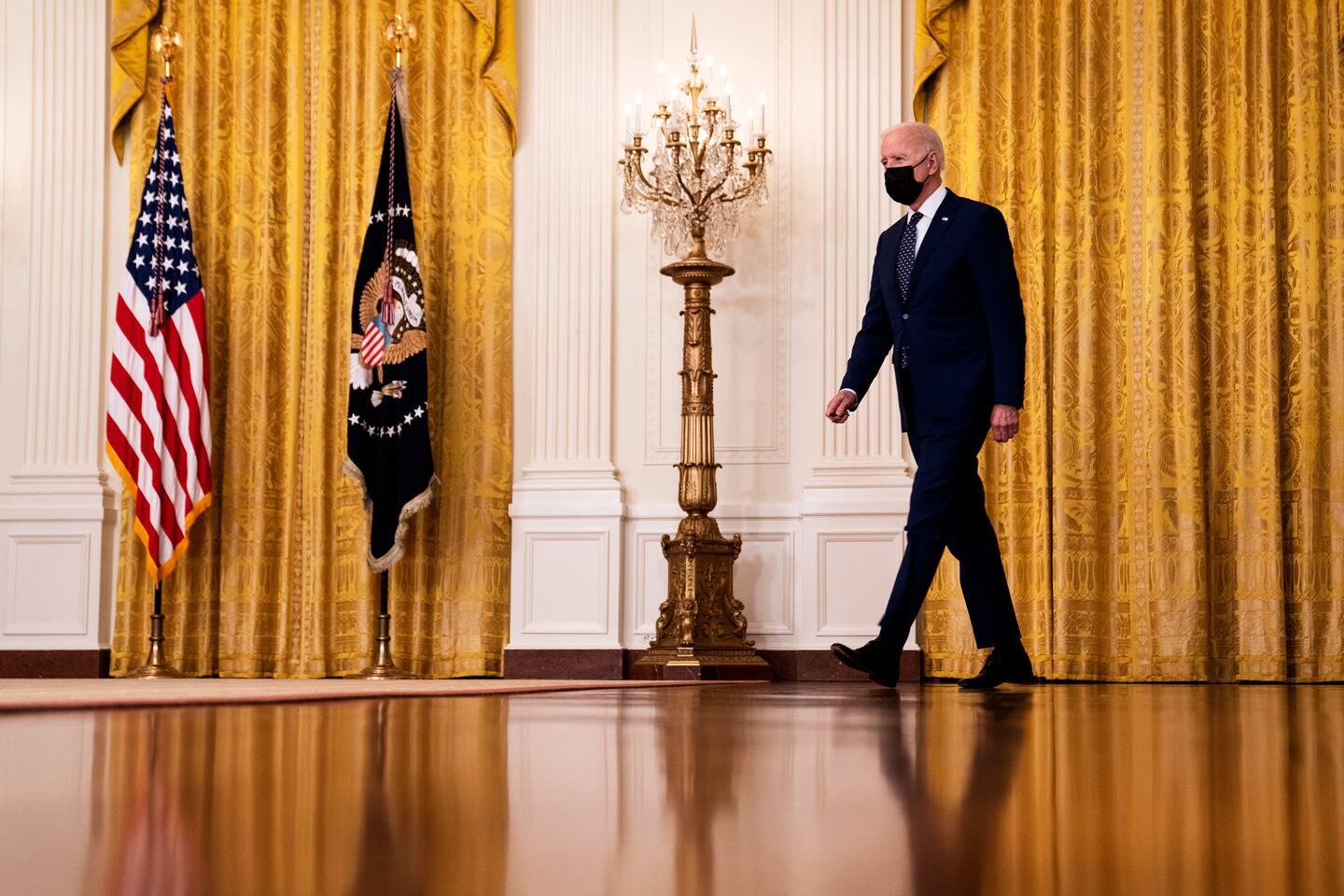Biden wasn’t really ready ‘on Day 1.’ His stumble on refugee numbers shows why.

But Biden’s first three months show that no new president is totally ready — even after serving for eight years as understudy. At 78, Biden has spent as much time close to power as anyone in Washington, but he has no meaningful prior experience as a chief executive. Being No. 2 meant he was often the last person in the room with Obama when big decisions needed to be made, but the weighty consequences didn’t fall on his shoulders. Vice presidents ride in the passenger seat.
Biden’s recent pirouetting on how many refugees to allow into the United States illustrates how much easier campaigning is than governing. After retreating from his own plan to lift his predecessor’s cap on refugees for the rest of this fiscal year, from 15,000 to 62,500, the new president faced more blowback from congressional Democrats on Friday than he has at any moment since taking office.
In a Feb. 4 speech, Biden unveiled an executive order to rebuild the resettlement program to help address the worldwide crisis of some 80 million displaced people, evoking the country’s history as an example pushing other nations to open their own doors wider. “The United States’ moral leadership on refugee issues was a point of bipartisan consensus for so many decades when I first got here,” Biden said at State Department headquarters.
But the president never signed the necessary paperwork to make good on his own announcement, and keep his campaign promise, because a surge in asylum seekers at the southern border sowed fears in the West Wing about the optics of resettling refugees from abroad, even though they go through a separate vetting process.
By late Friday, the White House was backpedaling. Press secretary Jen Psaki said that Biden plans to announce a higher cap by mid-May and sought to reframe what Biden had announced in February as “an initial goal” that was found to be impossible to achieve after “consulting with his advisers” because the Trump administration “decimated” the program.
The Oval Office magnifies every president’s weaknesses, and Biden has long suffered from indecisiveness. He dragged out his deliberations for months on whether to run for president a third time — in 2015 and again in 2019. He repeatedly missed self-imposed deadlines on picking a running mate last summer.
Indecisiveness is preferable to impulsiveness, but it still carries a cost. About 35,000 refugees have already been approved and are prepared to travel to the United States as soon as they’re allowed. Biden’s foot-dragging has resulted in hundreds of canceled flights for refugees.
Faced with diplomatic complexities, all presidents also struggle to varying degrees with following through on foreign policy promises from their stump speeches. As a presidential candidate in 1992, Bill Clinton vowed to take a hard line against China in the wake of the 1989 butchery at Tiananmen Square. Then, during his presidency, he decoupled trade considerations from human rights concerns and extended Beijing’s most-favored nation status. But Clinton hadn’t made diplomatic chops the centerpiece of his campaign.
In fact, immigration is one of several examples of this tension in Biden’s nascent presidency. He also hesitated over Saudi Arabia. During a Democratic primary debate in November 2019, Biden promised — with passion — to treat the kingdom as a “pariah” for humanitarian atrocities in Yemen and the murder of Post contributing columnist Jamal Khashoggi.
Biden complied with a congressional mandate, which President Donald Trump had ignored, to release the intelligence assessment that Mohammed bin Salman approved the 2018 assassination of Khashoggi, a permanent U.S. resident. But rather than directly punishing the Saudi crown prince, the administration sanctioned lower-level officials.
White House officials explained that they wanted to recalibrate, not rupture, relations with Saudi Arabia, which is the largest purchaser of American weaponry. They emphasized the difficulty of targeting Mohammed bin Salman separately from the House of Saud. They highlighted the importance of Riyadh to regional stability.
Psaki defended Biden’s reversal by saying a president’s job is “to act in the national interest of the United States — and that’s exactly what he’s doing.” The relationship, she explained, is “complicated.”
Psaki is right that diplomacy is complicated. But it was no less so on the days Biden promised to treat the regime like a “pariah,” attacked Trump for not doing so and boasted that he would take office with more experience than anyone who had ever served as president.
Read more:






